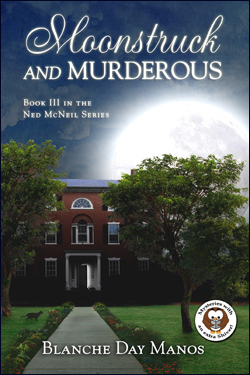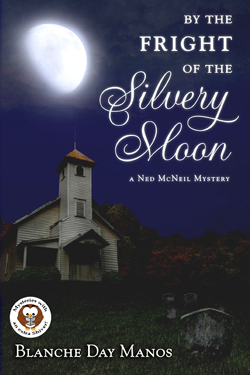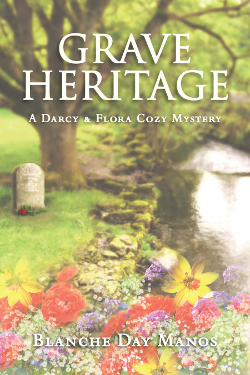Sunday the Levi and Edna Latty clan got together for our yearly reunion. A lot of family and friends came. We had a good time visiting and reminiscing and the children enjoyed playing. It was a hot day and we were grateful for a building with air conditioning. In the early 1900s on the farm at Etta, I’m sure the summers were just as hot then as they are now; however, no one had the benefits of air conditioning. And if they had, they wouldn’t have had much time to sit down and enjoy it. The following is an excerpt from my book, The Heritage of Etta Bend. The words are my mother’s, Susie Latty Day:
“Even though summer vacation meant freedom from school, it also meant work for my sisters and me. Being girls didn’t exempt us from helping Papa on the farm. Papa didn’t allow us to plow or drive a team but he did allow us to do many other things.
“Papa grew a lot of corn. In the spring, these stalks must be cleaned up so the ground would be clear for plowing. After we gathered the crops in the fall, Papa turned his cattle into the fields. Lots of grass and scattered grain made abundant eating for the livestock. Two spring branches ran through our land for water.
“The cattle couldn’t eat all the dead corn stalks during the winter and so on a cold day in spring, while the stalks still stood frozen, Papa decided it was time to clear them away. He harnessed Barney and Jude, his team of mules, and hitched them to a huge log. As he drove the team through the fields, the log snapped off the frozen stalks. Next, Papa hitched the mules to a stalk rake that he had made. The rake was a wood frame attached to a long, heavy board. In the board, he had drilled holes and placed wood spikes. With this, he raked the stalks into piles.
“Our job was to burn these batches of crisp corn stalks. In the distance, Papa shouted directions to his team of mules while the flames crackled and popped in our bonfire. Pungent smoke spiraled into a frosty blue sky. Georgia, Alice and I welcomed the warmth from these big fires. We warmed our hands and enjoyed the spring morning.”
Tomorrow’s post will be more about what happened to the fields after they were cleared for planting.








Speak Your Mind